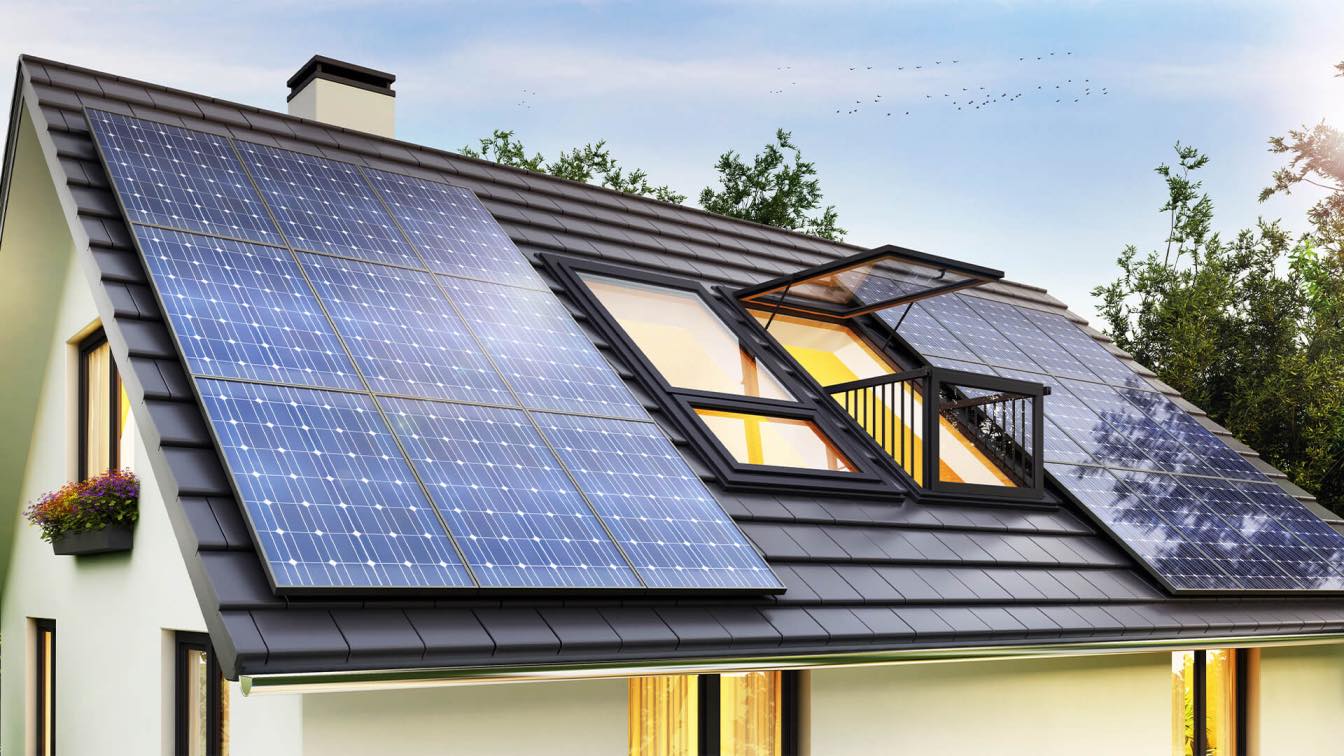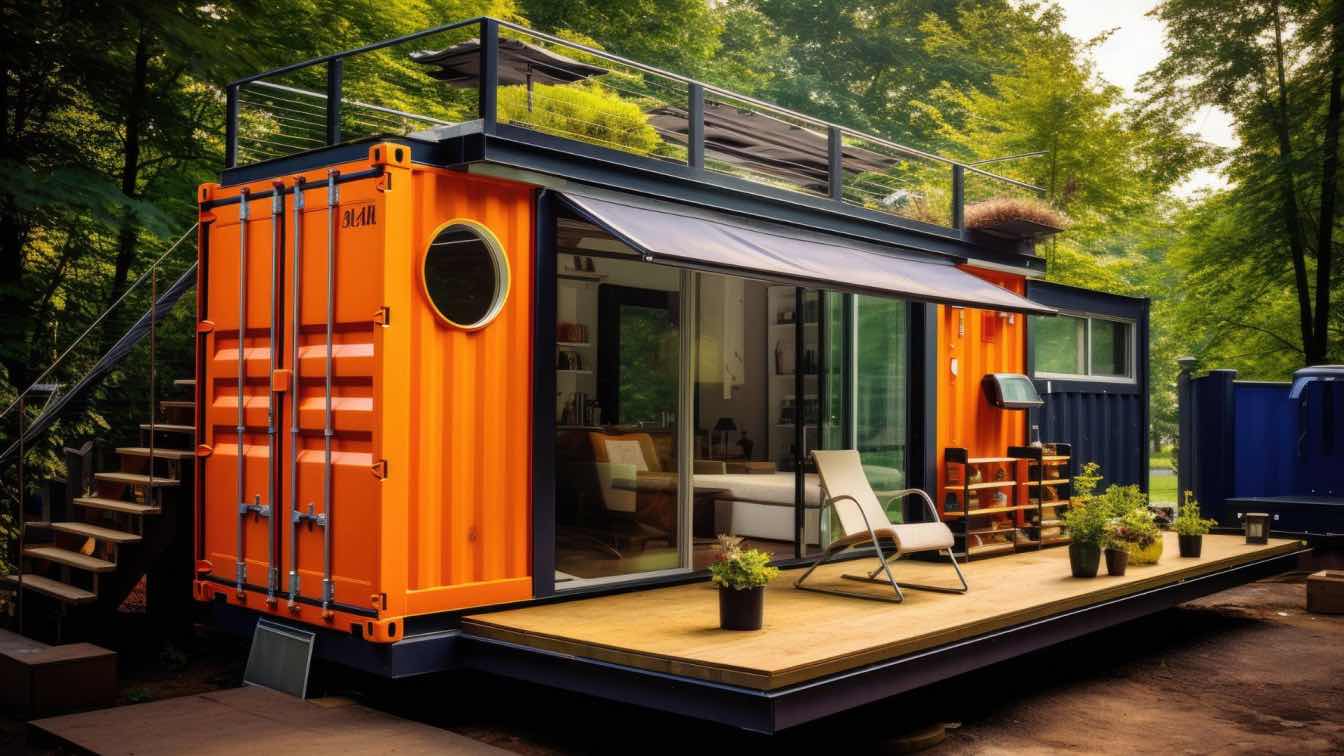We all know the importance of protecting our environment and reducing our carbon footprint. But what about protecting solar panels from environmental damage? Solar energy is one of the most popular sources of renewable energy, but it’s also vulnerable to extreme weather conditions and other potential hazards. To ensure your solar installation is working optimally, you need to make sure that it’s well-protected from any possible environmental damage, including understanding how long solar panels last. We'll discuss six smart ways to protect your solar panels from possible environmental damage, such as cleaning regularly, using protective covers or films, avoiding debris buildup on roofs, preventing physical damage with fencing or netting around installations, checking for water leaks often, and more!
1. Clean Regularly
Make sure your solar panels are kept clean from dirt and dust. A buildup of debris on the surface of the panels can affect their energy efficiency, so keep them wiped down with a soft cloth to ensure optimal performance. Contacting trusted solar installers in Pennsylvania can also help you if you don't know how to properly clean your panels. And when you're cleaning, it's important to use the right cleaning materials and technique for your particular solar panel system. It might be best to contact professionals for assistance.
2. Utilize Protective Covers or Films
Exposure to extreme temperatures, harsh sunlight, and moisture can all cause damage to your panels. Using protective covers or films is a great way to safeguard against these risks. There are various types of coverings available on the market that you can choose from depending on your needs and budget. Make sure they’re installed correctly and regularly checked for wear and tear. For example, some covers may need to be replaced more often in areas of greater wind exposure.
3. Avoid Debris Buildup On Roofs
If you’re installing solar panels on your roof, make sure you keep the area free from debris buildup. Accumulated debris can cause damage to panel surfaces over time and block sunlight that could otherwise be absorbed by the panels. To avoid this, maintain a regular cleaning schedule and ensure that no objects or materials are left behind on the roof surface. Additionally, be sure to regularly inspect the area for signs of damage or wear.
4. Fencing or Netting Around Installations
Physical damage is another major threat to your solar panels, so make sure they’re adequately protected by installing fencing or netting around the installation area. This will help keep animals and other objects away from the system and protect it from any potential external impact. It’s also important to check the fence or netting periodically to make sure that it remains in good condition and that no entry points exist where pests could enter. And while you're at it, consider installing motion-activated lighting or alarms around the perimeter of the system to deter anyone from attempting to tamper with your solar installation.
5. Check For Water Leaks Often
Water leaks can occur if there are cracks in roofing materials near your panels due to age, weather conditions, or improper installation. This can cause water to seep into the system, which will not only damage the panels but also reduce their efficiency. Make sure you inspect your solar panel system often for any signs of a possible water leak and contact an expert right away if you notice one. Your solar panels aren't the only things that can suffer due to leaks - if left unchecked, the leakage can cause damage to your roof or attic as well. To avoid this, check for signs of water damage around the perimeter of your solar panel system and have any leaks fixed as soon as possible.
6. Monitor Electrical Systems
Finally, don’t forget to monitor your electrical systems as well. Have a qualified electrician check all wiring connections regularly in order to ensure that everything is in working order and that no shorts exist. It’s important to keep an eye on the overall health of your solar panel system, so it can operate efficiently and safely over time. Some elements of the electrical system, such as grounding and lightning protection, may need to be adjusted as weather conditions change. If your components are not properly connected or secured, you could end up with costly damage in the event of a power surge. Make sure all electrical connections are secure and free from corrosion.
7. Monitor Using Solar Analytics
Solar analytics play a crucial role in protecting solar panels from possible environmental damage. Solar panels are typically installed in outdoor environments where they are exposed to a range of weather conditions, including extreme temperatures, wind, rain, and hail. Over time, these environmental factors can cause damage to the panels, reducing their efficiency and overall lifespan.
By monitoring solar panels through solar analytics, it is possible to identify potential environmental hazards before they cause significant damage. For example, solar analytics can track temperature and humidity levels, alerting system owners to potential issues such as overheating or condensation buildup. Additionally, solar analytics can track wind speed and direction, helping to identify potential damage from high winds or debris.
Solar monitoring app in Australia can also provide real-time monitoring of the solar panel system's energy output, allowing for early detection of performance issues that may be caused by environmental factors. For instance, a sudden drop in energy production could be an indication of a dirty or damaged panel, which may require cleaning or replacement to restore the system's efficiency.
Regular monitoring through solar analytics can also help to identify long-term trends in the system's performance, allowing system owners to make informed decisions about maintenance and upgrades. For example, if solar analytics data shows that a particular panel consistently underperforms compared to others in the system, this could indicate a need for replacement or repair.
 image © Wirestock
image © Wirestock
Solar panel maintenance is essential for maximizing the efficiency and lifespan of your system. Be sure to keep up with regular inspections and repairs, use protective covers or films, avoid debris buildup on roofs, fence off the area around installations, check for water leaks often, and monitor electrical systems regularly. Doing so will ensure that your solar panels remain in good condition and that they continue to help you save money and energy over time.





